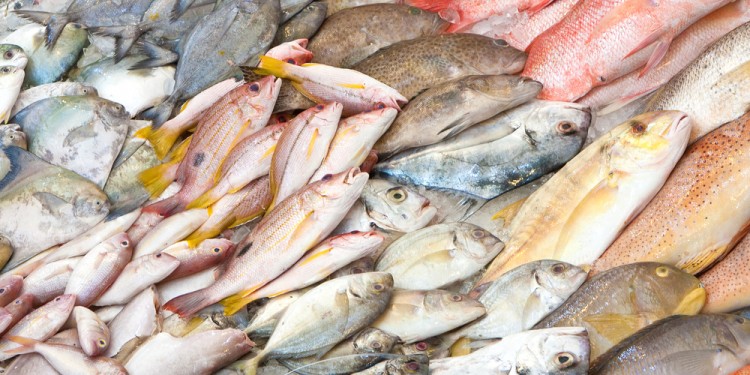Fisheries discard ban: Commission proposes plans for the North Sea
Today the Commission adopted a plan to reduce the wasteful practice of discarding – throwing overboard unwanted fish – in the North Sea.
This discard plan concerns demersal fisheries, i.e. fish that feed on or near the sea bottom, and is a temporary measure to phase out discarding and gradually put in place the landing obligation, a key component of the EU’s reformed Common Fisheries Policy. It follows similar plans for demersal species in the Atlantic earlier this month.
Discarding constitutes a substantial waste of resources that threatens the sustainable exploitation and economic viability of fisheries. The Food and Agriculture Organisation of the United Nations estimates that over 7 million tonnes – 8 % of the total global fish catches – are discarded yearly.
The discard plan adopted today determines which demersal fisheries in the North Sea will be subject to the landing obligation, while also setting out certain exemptions. The first group of exemptions, so-called de minimis exemptions, allows discarding a small percentage of catches in fisheries where increasing the selectivity is difficult or where handling costs are disproportionately high. The second, so-called survivability exemption allows discarding species that have a high chance of surviving.
All exemptions have been set taking into account available scientific advice and following discussions with scientific advisory body STECF. Certain exemptions will be reassessed in 2016 taking into account additional supporting information from Member States.
The discard plans will apply from 1 January 2016 for one year, once final adoption takes place. Other discard plans will have to be adopted for 2017 to bring additional fisheries under the landing obligation.
Background:
The reformed CFP aims to make EU fisheries more sustainable. Between 2015 and 2019, EU fishermen will therefore gradually be required to land all fish they catch.
The CFP entails several provisions to facilitate the implementation of the landing obligation. They include specific flexibility mechanisms that should be implemented through comprehensive multiannual plans, or, in the absence of multiannual plans, through so-called discard plans. Discard plans are envisaged as a temporary measure with a maximum duration of three years. They are developed as joint recommendations agreed by Member States from the same region or sea basin, in this case Belgium, Germany, Denmark, France, Netherlands, Sweden and the UK.
Today’s discard plan is not the first to be adopted: in October 2014 the Commission adopted discard plans for pelagic and industrial fisheries in all EU waters and for fisheries for cod in the Baltic. These plans have been applied since 1 January 2015. On 12 October 2015 two discard plans for demersal species in the Atlantic followed.
More information
- Discard plan for certain demersal fisheries in the North Sea and in Union waters of ICES Division IIa
- Annex
Source: European Commission



